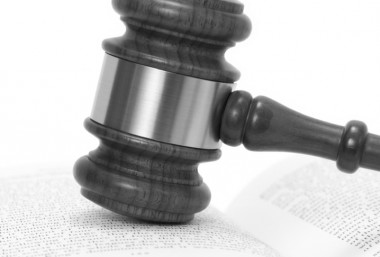Secured parties with registered security interests over Australian trade marks, patents or designs must re-record those interests on the Personal Property Securities Register by 30 January 2014, or risk losing out.
The Personal Property Securities Register (PPSR) was introduced on 30 January 2012, following the commencement of the Personal Property Securities Act 2009. Australian security interests must now be recorded on this register in order to be "perfected" and take priority over other parties with claims to the same property. The PPSR takes precedence over more than 30 pre-existing registers including those that operated on a state or territorial level, and those recorded solely on the trade marks, patents or designs registers. It operates on a very similar basis to the New Zealand PPSR, which has been operating since 2002.
A deadline of 30 January 2014 applies for re-recording security interests on the Australian PPSR that were recorded on other registers before 30 January 2012. Failure to do this will result in the interest holder losing the earlier priority date of their security interest, and potentially losing out to other secured parties. If you do not have your interest recorded on the PPSR, it will not be legally enforceable. Interests held on many registers were automatically transferred to the PPSR before the new Act came into effect. However, security interests on the trade marks, patents and designs registers havenotbeen migrated, and must be manually recorded.
It is still possible to record the existence of a security interest on the trade marks, patents and designs registers, and you may wish to do this as well as perfecting the interest on the PPSR. Although it no longer has a legal effect, recording the security interest on the intellectual property registers alerts the public, and makes it easier for third parties to find out about the security interest. There is no requirement to do so, however, and since it is possible to search the Australian PPSR by the serial number of a registered trade mark, design or patent (unlike in New Zealand), members of the public can find out whether a security interest is recorded there with relative ease.
It is important that security interests are correctly registered, as any defects or faults may render them unenforceable. Please contact us if you have questions about Australian security interests.




